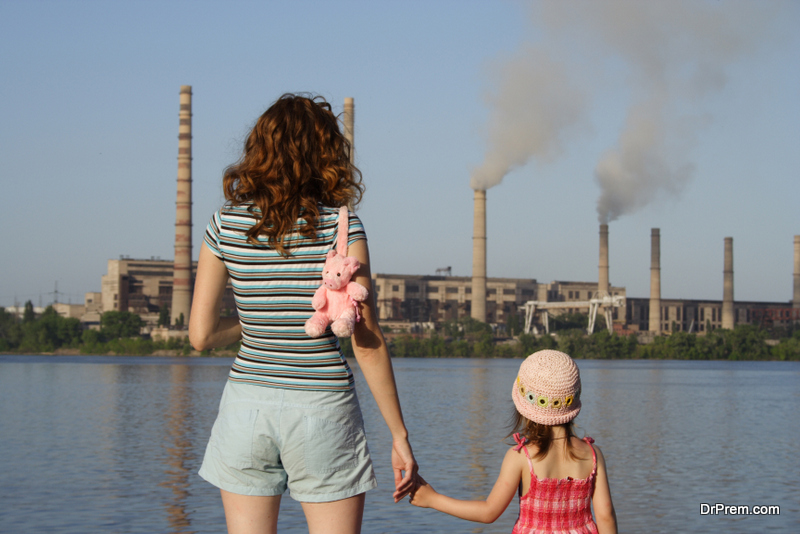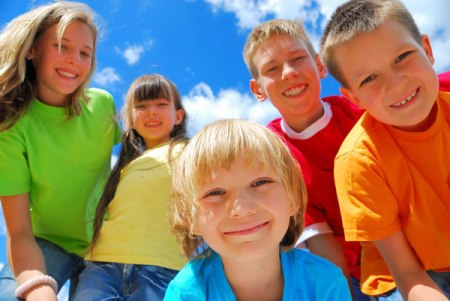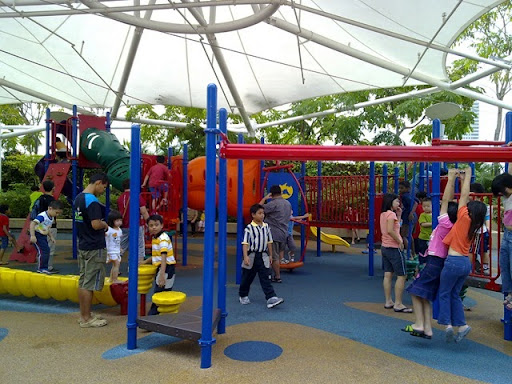Air pollution is the modern epidemic which is affecting almost everyone on the planet to some degree. It kills millions globally, and experts have found that it affects different people in different ways. Children too have to live and breathe in the same environment and now a report by the WHO reveals that it kills almost 600,000 children, below 15 years, who are exposed to polluted indoor and outdoor air. Everyone should treat this report as a warning and try to protect children as much as possible. Take a look at the effect of air pollution on children and how you can keep them safe:
What is the effect of air pollution on children
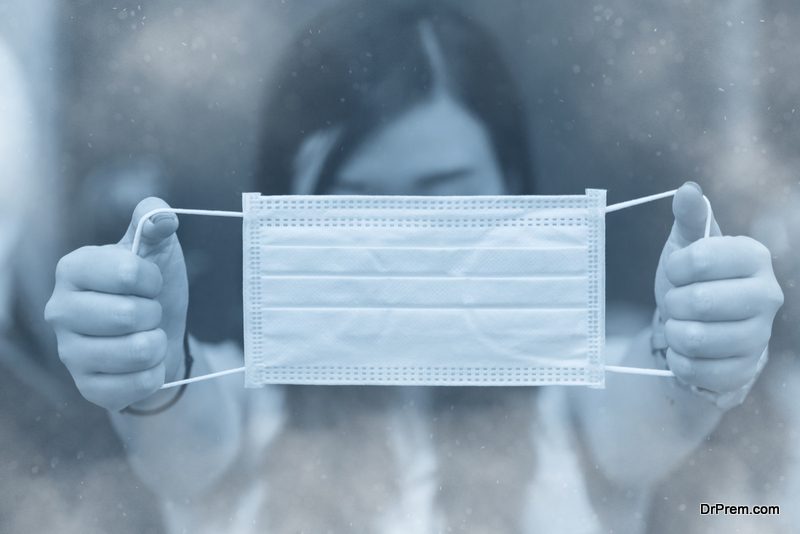 Experts say that children are very susceptible to air pollution as they have unique behavior patterns, which adults do not display. Children crawl on floors, play in dust, kicking up the dust which contains many toxic substances. Children put toys in their mouth, thus ingesting harmful chemicals.
Experts say that children are very susceptible to air pollution as they have unique behavior patterns, which adults do not display. Children crawl on floors, play in dust, kicking up the dust which contains many toxic substances. Children put toys in their mouth, thus ingesting harmful chemicals.
Children love to play outdoors, which increases the exposure to outdoor pollution, which has a negative impact on children’s health and development. They are very active physically, and when they play running games or other games outdoors, they breathe deeply, which means that they inhale many pollutants.
The effect of air pollution on children is also more severe as their bodies are still developing. They do not have the same resistance which adults have to toxic substances. Adults have protective layers in the brain but this protective layer is not developed in our children. Additionally, children’s nasal passages cannot filter pollutants as effectively as adults.
Types of environmental pollutants which affects children and adults
In order to know the effect of air pollution, you should know the many types of pollutants:
1. PM or Particulate Matter
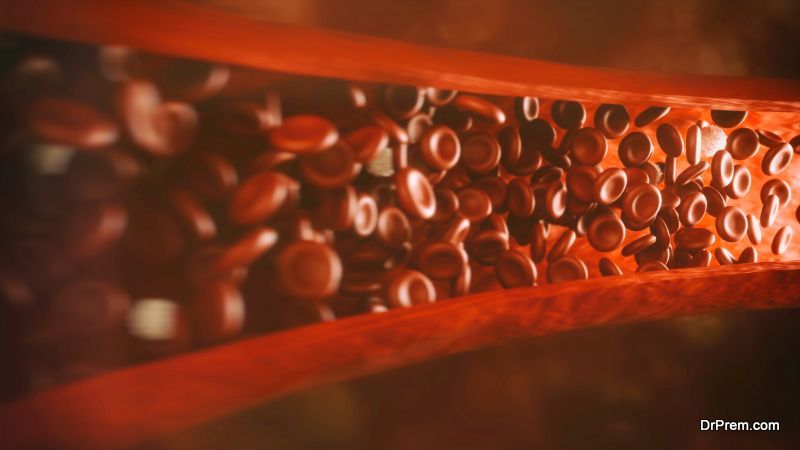 These are the tiny particles floating in the air which can potentially penetrate our lungs and bloodstream. PM worsens existing lung and heart diseases.
These are the tiny particles floating in the air which can potentially penetrate our lungs and bloodstream. PM worsens existing lung and heart diseases.
2. NO2/Nitrogen Dioxide
This is the poisonous gas which we see as the orange haze over the city. It causes coughing and respiratory problems.
3. Ground level O3 (ozone)
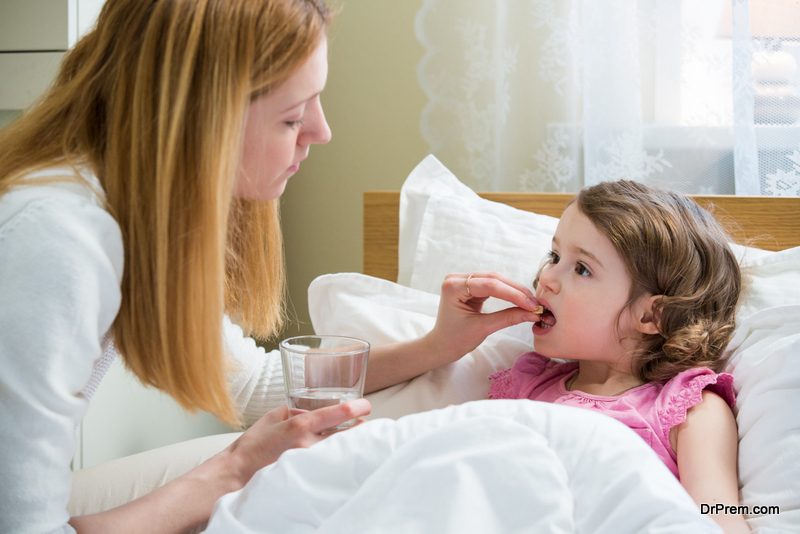 This is one of the gases which are created by the chemical reactions which take place between the nitrogen oxides and VOCs in sunlight. It irritates nose, eyes and throat.
This is one of the gases which are created by the chemical reactions which take place between the nitrogen oxides and VOCs in sunlight. It irritates nose, eyes and throat.
Diseases caused by air pollution which impact children
1) Asthma
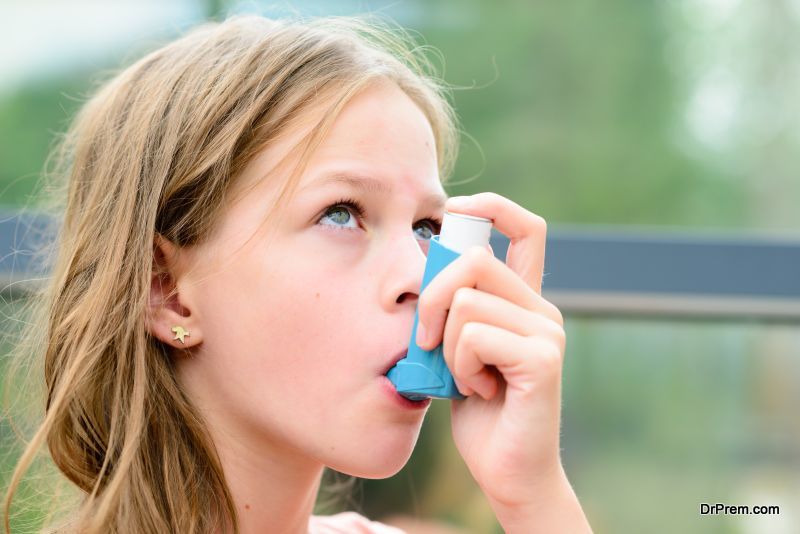 Children who already have chronic health problems such as asthma are more prone to be affected by toxic air, as they breathe faster and their lungs which are developing face the
Children who already have chronic health problems such as asthma are more prone to be affected by toxic air, as they breathe faster and their lungs which are developing face the
effect of air pollution. Children who live in highly polluted areas face decreased lung function when they grow up. Long term exposure to very high concentrations of pollution might lead to asthma in children. One of the protective measures you can take to prevent asthma in your children is keep them indoors when pollution levels are high outdoors.
2) Diabetes and obesity
There is also evidence which suggests that exposure to environmental air pollution might contribute to development of Type 2 diabetes or development of obesity. Researchers have found children between the ages 8-15 had low insulin sensitivity. Scientists found that the children had a decreased beta-cell function and high BMI (Body Mass Index) at the age of 18. This leads to obesity which now seems to be caused by pollution.
3) Lung development
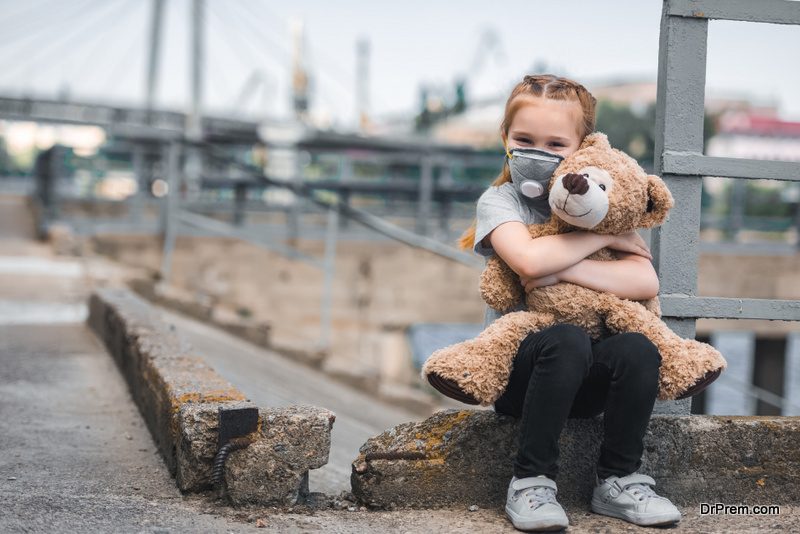 Some studies have shown that lungs have a very negative effect of air pollution. It was found that children who are between the ages of 8-10 years and live in an extremely polluted area have about 10% reduced lung capacity. The scary fact revealed by researchers is that the reduced lung function might not ever recover to full capacity.
Some studies have shown that lungs have a very negative effect of air pollution. It was found that children who are between the ages of 8-10 years and live in an extremely polluted area have about 10% reduced lung capacity. The scary fact revealed by researchers is that the reduced lung function might not ever recover to full capacity.
4) Autism
Children’s health and development are affected in many ways by toxic pollutants. A new study which was published in ‘Environmental International’ journal warned that air pollution increased children’s risk of developing autism spectrum disorder, by about 78%. Though autism causes are complex and not understood fully, researchers found environmental pollution do have an effect on causing autism, along with genetic as well as other reasons. The effect of air pollution has a very dangerous impact on the brain of children which affects the brain function as well as the immune system. Air pollution might also contribute to the cognitive and behavioral problems too.
How to keep your children safe from air pollution
 To combat the effect of air pollution on your children, you have to take protective measures from both indoor and outdoor air pollution. It requires more than just the isolated efforts of parents, for example the government has to put in place measures to limiting air pollution, and researchers will have to work on technologies which are alternative to environmental polluting technologies. But you as a parent can do the following things as things for protecting your kid from air pollution:
To combat the effect of air pollution on your children, you have to take protective measures from both indoor and outdoor air pollution. It requires more than just the isolated efforts of parents, for example the government has to put in place measures to limiting air pollution, and researchers will have to work on technologies which are alternative to environmental polluting technologies. But you as a parent can do the following things as things for protecting your kid from air pollution:
- Start carpooling and using public transport
- Keep children indoors when outside air is too bad
- Walking is better than driving as drivers are exposed to more air pollution than people who walk the same distance
- Select routes which have less traffic than higher traffic routes
- Stop idling the car, this will reduce air pollution
- Limit yours and your children’s outdoor time
- Keep the car windows closed for protecting your kid, when you stop in traffic or are stuck in slow moving traffic
- Avoid taking your children out in rush hour
- Keep the windows and doors of your home closed when there is a high concentration of air pollution outdoors
- Check AQI index before leaving home so that you can take the necessary steps to protect your kids
- Replace all the old and outdated gas appliances in the home
- Try to make your home as energy efficient as possible
Children are extremely vulnerable to the toxic gases, chemicals and particulate matter in the environment. Their developing bodies are not as capable as adults to fight the ill effects of air pollution and you, as a parent can protect them from pollution by taking a few cautionary measures.


